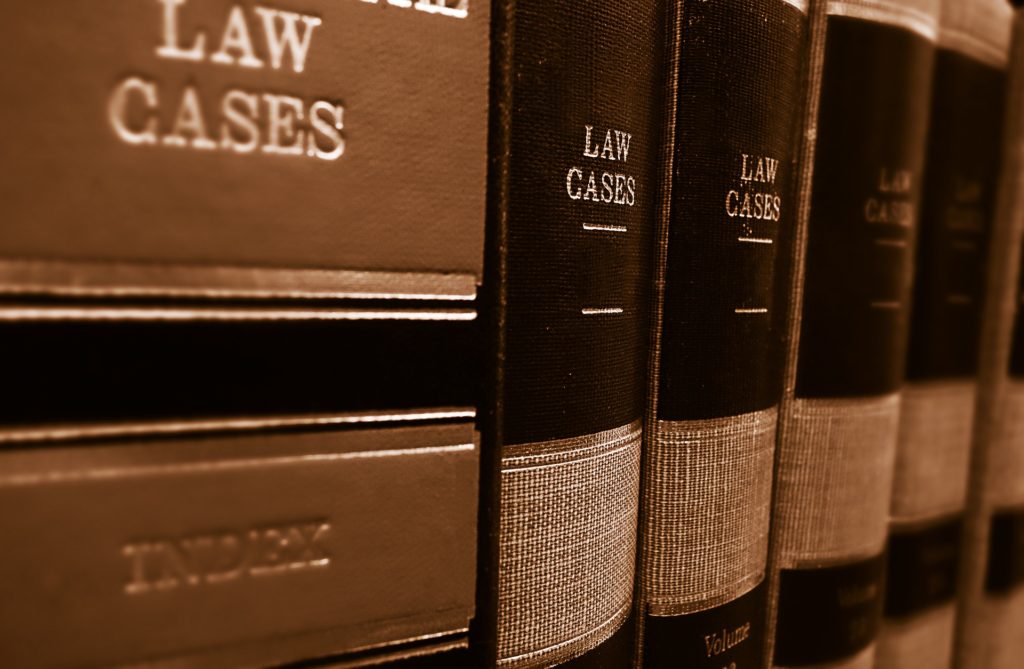
On November 12th, the Federal Court of Canada dismissed a motion for certification of a reverse class action lawsuit that was brought against potentially thousands of Canadiansby Voltage Pictures, LLC, a Canadian film production company (“Voltage”).
Voltage was able to identify thousands of IP addresses that were alleged to have infringed copyright by offering or uploading its films through BitTorrent, a peer-to-peer file sharing platform.
In 2016, it brought a motion for an order to certify its application as a respondent class proceeding. The proposed class respondents were all those individuals whose internet accounts had been detected as involved in direct or indirect infringement of its films or offering the copyrighted works for download.
Voltage has already brought 96 of these lawsuits against classes of unnamed defendants in the United States, according to an affidavit which was submitted to the Court. This litigation strategy has often been dubbed “copyright trolling” by its opponents.
A preliminary issue which was raised before the Court was the respondents’ lack of an incentive to defend themselves. This issue was solved through the intervention of the Samuelson-Glushcko Canadian Internet Policy and Public Interest Clinic (CIPPIC), which submitted strong arguments against certification.
Continue reading


